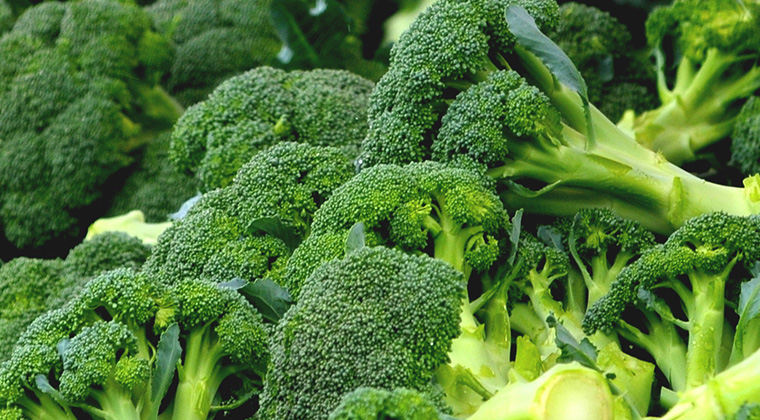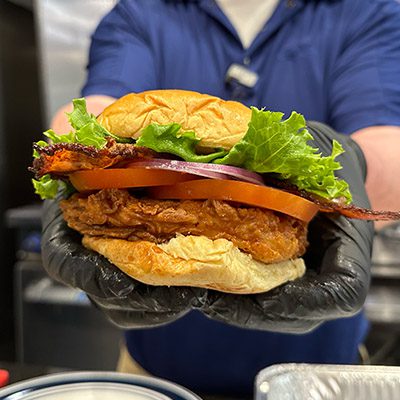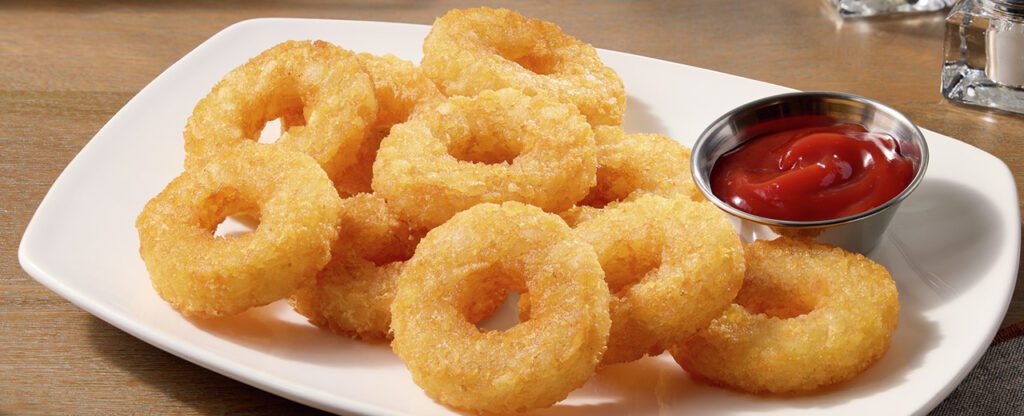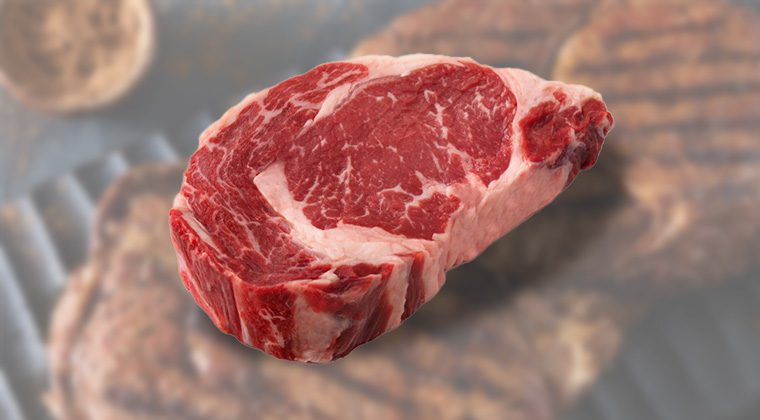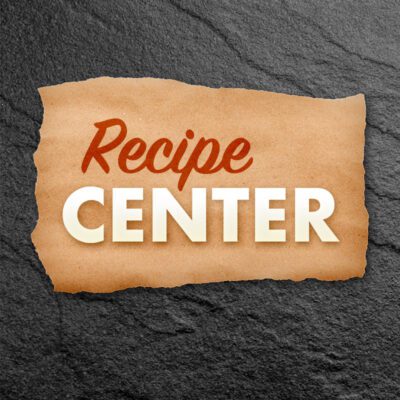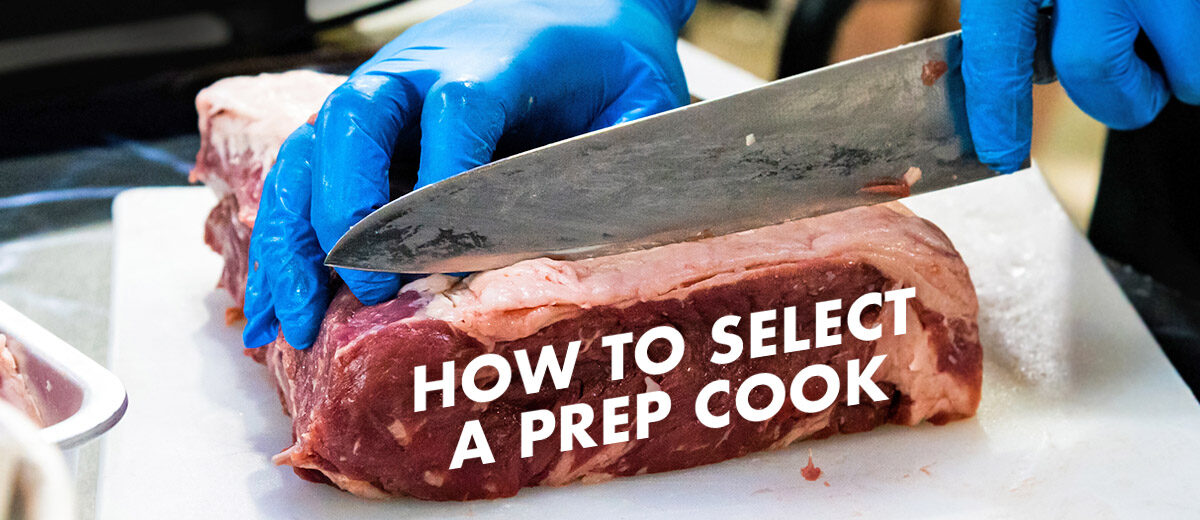Everything starts with the prep team. As the delivery trucks begin to load off the day’s product, convection ovens are getting hot, and clean cutting boards are positioned in each prep person’s favorite spot. This is the start of promise. What the restaurant does best during service, it’s doing first with bravado, knives flying. The prep team is the key to getting the menu up and running, so choosing a good prep cook is crucial.
Decide first what skills the new prep cook needs.
If chopping is all that is required, consider the dish person who is ready to move up. But if this cook needs the skills to braise lamb shanks, make soups or stocks or butcher fish, a closer look at culinary skills is necessary.
Never hire a prep cook without seeing his skills firsthand.
Require the individual to do a stage or trial in the restaurant. In addition to evaluating the prospect’s skills, watching his or her work also provides other insight. Can the person get along with the crew? How does the prospect handle a mishap? Is he or she a team player? The staff is encouraged to ask questions and get the prospective team member involved as much as possible. Find out if this person can coexist with the restaurant’s team.
Whatever the position, the applicant needs to use skills related to the job in question. Waiters open wine tableside, sauté cooks sauté fish, and prep cooks need to prep. Notice whether the prospect arrives on time during this stage. Someone who is consistently late during a tryout is likely to be tardy regularly after he or she is hired.
Request that the prospect cut potatoes into julienne, different dice sizes, and matchsticks. If the person needs to cut fish, ask to see a demonstration. Does the individual work clean and sanitary, or are the habits and appearance slovenly? Watch the trash can to see how effective he or she is at limiting waste.
Speed is also crucial to the success of a prep cook.
The best ones reduce the day’s prep list to “black lines with a Sharpie” in no time. Look for a cook who understands how to break down the prep list into priorities. Watching a prep cook clean a case of broccoli when fresh chicken still isn’t butchered for coq au vin can make your head hurt.
As important as priority is to the prep list, the ability to multitask is also important. The best prep coos can handle many tasks at one time, balancing knife work with stove-top and oven duties, while signing off on the occasional beverage order being delivered. These cooks make top dollar. Cooks of this caliber tend to either move up to an a.m. kitchen manager or remain simply prepping, earning the good money their position deserves. Either way, when those qualities show up in a prep cook, do what it takes to keep him happy and working for you.
When checking a reference, occasionally luck will provide someone willing to share some information other than just employment dates. I have found the most beneficial of all questions available for query is, “Would you rehire this person?” The answer pretty much tells it all. If the answer is no, yet the prep cook has shown promise during his visit to the restaurant, the prospect deserves a chance to explain the reason or reasons why the last stop didn’t end upbeat. If the answers don’t sit well, trust your gut. More often than not, taking a pass is a safer decision.
Bottom line: Match the best available person to the job, and look for someone the crew likes, and knows is intelligent, responsible, and energetic.
Train well and reward the hire before he or she looks elsewhere for work. Keeping the team together with a little more pay is cheaper in the long run than constantly training new prep cooks.
Source: Chef Michael Tsonton for RestaurantOwner.com
